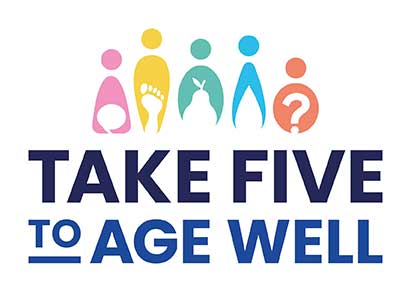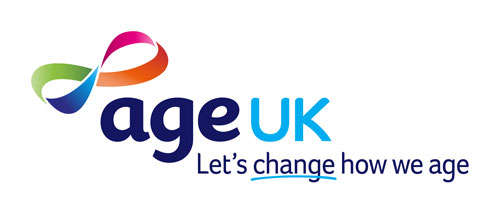Research
In the UK, nearly a quarter of the population is over 60 and this figure is set to increase to 28% by 2030*. About 15% of people over 60 are compromised in terms of physical and mental health and are more vulnerable due to risk factors such as poverty, smoking and alcohol addiction and obesity. Research clearly suggests that lack of good nutritional habits, hydration, physical activity, social and cognitive stimulation (Five Pillars for Ageing Well) cause people, with or without chronic conditions, to age faster. This means we can slow our ageing rate by making small changes in these areas that will boost our physical and cognitive health as well as our wellbeing.
Additionally, the SARS CoV-2 pandemic (Covid-19) not only claimed many lives but has had a huge legacy impact on health: many of the measures that were put in place to protect population health involved a degree of social isolation and inactivity (staying at home) which inevitably has knock-on implications for people’s physical and mental health. Practitioners and those directly supporting older adults have witnessed a degree of ‘deconditioning’ with older people exercising and socialising less, having a less healthy diet and generally having a different lifestyle compared to before the pandemic. Some of those who were infected with Covid have suffered long-Covid symptoms finding the return to their daily routines very challenging.
Why Take Five to Age Well?
Take Five to Age Well is about making small daily changes to have long-term, positive impacts on your health and wellbeing. We know that our ageing rate is largely influenced by environmental factors and these are things we can change. Take Five to Age Well suggests habits you can adopt to boost your health and wellbeing now and into the future but we understand that one size doesn’t fit all and we want this to work for you. As such, our suggestions are adaptable to the individual and we will support you through the monthly commitment with regular emails. On our first, pilot run in September 2023 we collected data via four surveys to understand whether the pledge has a potential to support a long term, sustained behavioural change. We have outlined out to-date progress and findings in the Interim Short Report
Currently we are working in partnership with Age UK to re-run 1st – 30th May 2025. We want to also drive a national conversation about ageing well in the UK and challenge the ageist stereotypes that exist in our society. With the proportion of older adults growing in the UK, it is essential for our health and adult social care systems that we support optimal ageing: this means sharing research and best practice and empowering people to make it work for them.
The Take Five to Age Well aligns well with the Age UK’s Vision and Mission: ‘A world where every older person feels included and valued’.
We join our strengths to achieve the Mission: together, to provide crucial support for older people and drive change locally, nationally, and internationally, following our values, which are to be: participatory, collaborative, impactful, ambitious, and inclusive.
We want to inspire our families, friends, colleagues, volunteers, donors, supporters and local and national partners to drive forward our missions. Together and via the Take Five to Age Well we will be able to reach broader networks, and also acting as a conduit to raise awareness about Age UK’s broad UK-wide services range and impact.
Why such ‘pledges’ work - Behavioural Change Theory
Pledge models have become well established in the annual calendar with Dry January and Stoptober receiving thousands of sign-ups every year and generating significant positive impacts for their communities. Research from Stoptober has concluded that people are 5 times more likely to quit for good if they can make it to at least 28 days smoke-free. Behavioural change theory is applied to these pledge models - they use social contagion to normalise and promote the behaviours, the sense of being part of a mass movement and the awareness raising throughout the population all contribute to the success. We believe that a pledge devised for older adults, often with more time to engage in the materials and behaviours could have a strong impact on public health and ultimately, reduce the burden on the NHS and social care services.
Short-Term Objectives for Take Five to Age Well
- We will assess how people engage with and adhere to Take Five to Age Well (through nQuire platform) as well as the longer-term impacts of the pledge - whether people maintained these habits and how this made them feel.
- We hope to increase engagement/uptake of already existing interventions & services offered by local providers across all four Nations in the UK.
- We feel this initiative has a real-life practical value and application in supporting people with becoming involved in their own health and wellbeing. We hope for Take Five to Age Well to become the practical stepping stone between being lonely and physically and mentally sedentary at home. Although quite an easy step for some, others, especially vulnerable people, may feel that this is a huge leap that they are not able to make without help & support.
*16 million (24%) of a total population of 67 million are currently over the age of 60 years, rising to an estimated 19.8 million (28%) by 2030.



Contact Us
Whatever your reasons for wanting to connect with us, you can contact us via email or social media on the addresses below
Email: takefive@open.ac.uk
Twitter: @JitkaVseteckova
.png)